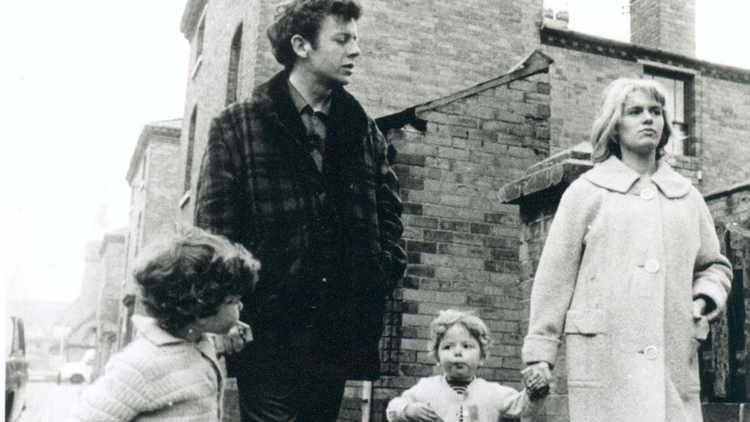
Please note: This was screened in Oct 2016
At a time when Ken Loach's Palme d'Or-winning I, Daniel Blake takes aim at the current state of welfare in Britain, we revisit his influential TV drama Cathy Come Home - originally shown as part of the BBC's The Wednesday Play series - which tackled social issues in 1960s Britain including homelessness, unemployment and the struggle faced by single mothers to keep their children.
Shot in the style of a rough and ready documentary, it follows Cathy (Carol White) as she arrives in London and sets up home with Reg (Ray Brooks). With a baby on the way, money is tight, so when an accident costs Reg his job, it's the first in a series of calamities that sets the family on an inexorable slide into homelessness. Temporary accommodation gives way to a caravan site, but when the caravan is torched, they're pushed from pillar to post by unsympathetic bureaucrats implementing outdated legislation before eventually the family is split up - possibly, as the film suggests, for good.
If a film's value is measured by its impact on the real world, then Cathy Come Home surely ranks among the most important British works ever made. Seen by approximately one quarter of the British public at the time, the resulting outcry has been widely credited with generating support for the homelessness charity Shelter (launched coincidentally just a few days after initial broadcast) and Crisis, launched in response to the film a year later. It also set Loach on the path to becoming one of cinema’s most determinedly political filmmakers, a dissenting voice that has been, and remains, this country’s most unswerving champion of the working class.